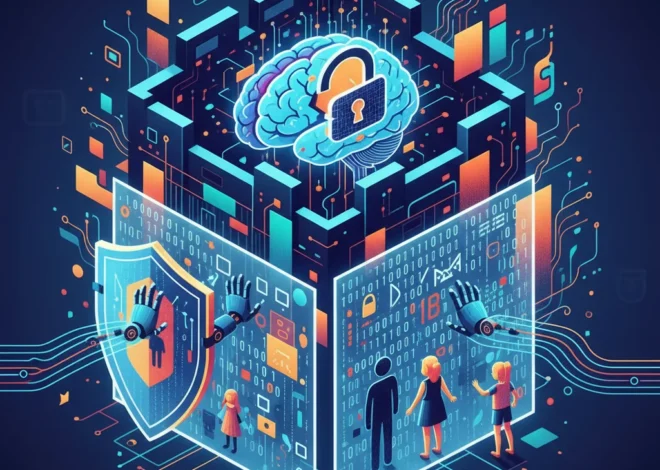
The AI Gold Rush: Why Private Equity is Pouring Billions into the Digital ‘Real Estate’ Powering Your Favorite Tech
Ever wondered what happens when you ask ChatGPT a question, generate an image on Midjourney, or use an AI-powered tool to write code? It feels like magic, a seamless interaction with a disembodied intelligence. But behind that digital curtain lies a physical reality of immense scale and power. This “magic” is fueled by rows upon rows of screaming-hot servers, housed in colossal, hyper-secure buildings we call data centers.
And right now, some of the world’s biggest financial players are in a frenzy to own a piece of that physical reality. Forget traditional real estate; the new prime property is the digital infrastructure that underpins our future. According to a recent report, European private capital firms like Oaktree Capital, Partners Group, and EQT are currently chasing deals for data centers worth a staggering €17 billion. This isn’t just a trend; it’s a tectonic shift, and it’s all being driven by the explosive growth of artificial intelligence.
Let’s break down why this is happening and what it means for everyone from developers to entrepreneurs.
From Digital Storage Closets to AI Power Plants
For years, data centers were the relatively boring, albeit essential, plumbing of the internet. They were vast digital warehouses, primarily used for storing your emails, photos, and company data. The main challenge was capacity and reliability. But the advent of generative AI has completely rewritten the rulebook.
Training and running large language models (LLMs) and other advanced machine learning algorithms is a completely different beast. It’s not about storage; it’s about raw, unadulterated computational power. Think of it this way:
- Traditional Data Center: A massive public library, built to store and retrieve vast amounts of information efficiently.
- AI Data Center: A high-energy physics lab, designed to conduct millions of complex experiments simultaneously at lightning speed.
This new paradigm requires:
- Extreme Power Density: AI servers, packed with GPUs, consume exponentially more electricity and generate far more heat per square foot than traditional servers.
- Advanced Cooling: Air conditioning is no longer enough. Many new facilities require sophisticated liquid cooling systems to prevent the hardware from melting.
- High-Speed Connectivity: The sheer volume of data being processed requires ultra-fast, low-latency networks to function effectively.
Building these next-generation facilities is incredibly expensive and complex. This is where private capital sees a golden opportunity. They aren’t just buying buildings; they’re buying a critical, non-negotiable component of the 21st-century economy.
Why Big Money is Betting on the AI Backbone
Private equity firms are masters of identifying assets with long-term, predictable growth. And right now, there is nothing more predictable than the growing demand for computational power. The AI revolution isn’t a fad; it’s the next wave of technological innovation, impacting everything from software development to drug discovery.
For these investors, data centers represent the ultimate “picks and shovels” play in the AI gold rush. While it’s hard to predict which AI startups or SaaS companies will win in the long run, they all have one thing in common: they will all need massive amounts of computing power. By owning the infrastructure, investors get to profit from the entire boom, regardless of who comes out on top.
The €17 billion figure in Europe is just a snapshot of a global phenomenon. This capital is being used to acquire existing data center operators, fund the construction of new “hyperscale” facilities, and upgrade older ones to meet the demands of AI workloads. It’s a clear signal that the financial world believes the demand for AI-driven automation and services is not just sustainable, but still in its early innings.
What This Investment Tsunami Means for You
This flood of capital into the digital bedrock has ripple effects across the entire tech ecosystem. Here’s how it could impact you:
For Developers and Programmers
On the surface, this is great news. More, better, and faster infrastructure means the public cloud providers (like AWS, Google Cloud, and Azure) that you rely on will have more capacity to offer. This will enable the development and deployment of even more sophisticated machine learning models. The tools you use for programming and deploying applications will become more powerful, potentially unlocking new possibilities in AI-assisted development and MLOps. The downside? As demand for this premium infrastructure skyrockets, the cost of specialized GPU instances and


